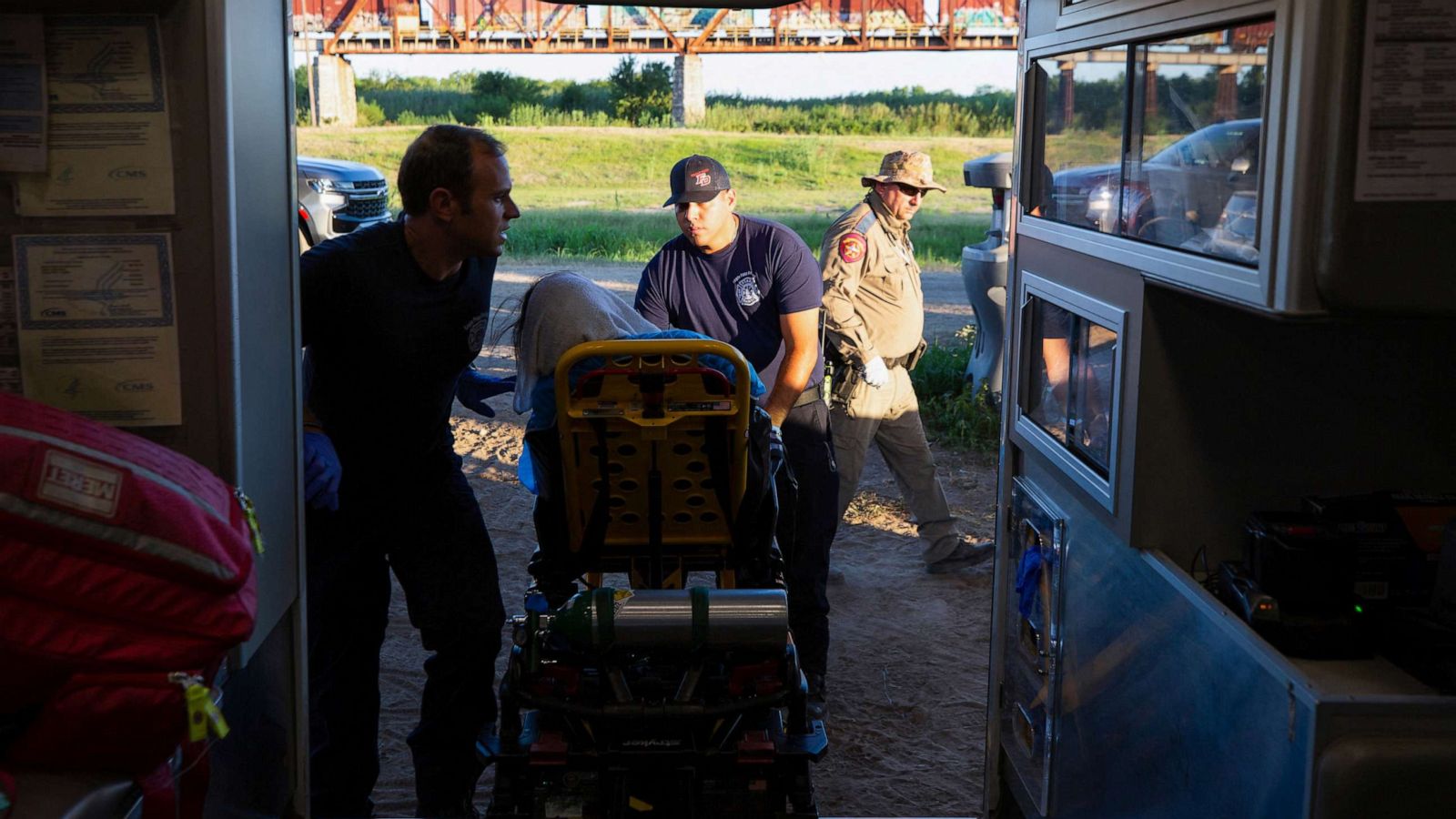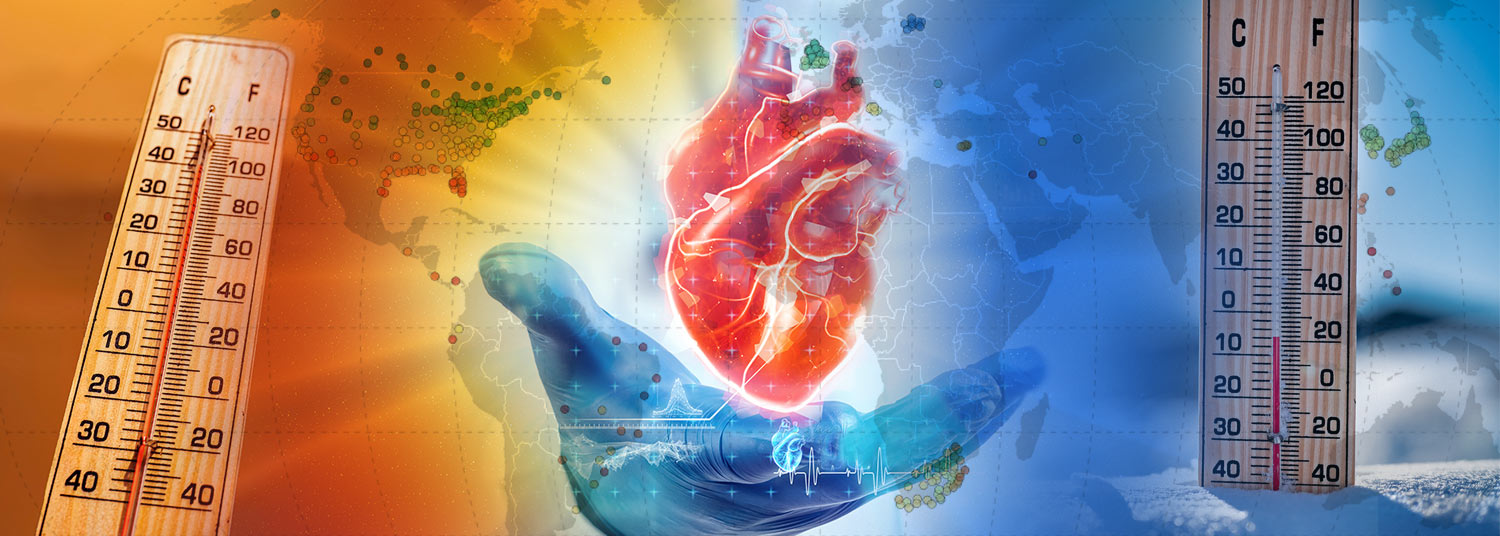Extreme heat poses a significant threat to cardiovascular health, and a recent report underscores how climate change could exacerbate this danger in the United States over the coming decades.
The impact is particularly pronounced among Black adults, seniors, and urban dwellers.
From 2008 to 2019, the heat index – factoring in both temperature and humidity – exceeded 90 degrees Fahrenheit for an average of 54 days each summer across the US.
During these extreme heat periods, nearly 1,700 excess cardiovascular deaths occurred annually, as reported in a study published in the journal Circulation on Monday.
If global fossil fuel development continues unchecked and minimal efforts are made to curb planet-warming emissions, researchers project that the US could experience 80 days of extreme heat annually.
Consequently, heat-related cardiovascular deaths could more than triple, reaching approximately 5,500 excess deaths per year.
Under a more optimistic scenario with effective climate change mitigation measures, the number of extreme heat days would still rise to 71 annually, leading to a 2.6-fold increase in heat-related cardiovascular mortality.
This would translate to over 4,300 excess cardiovascular deaths attributable to extreme heat by mid-century.
Dr. Lawrence Fine, a senior adviser at the National Institutes of Health’s National Heart, Lung, and Blood Institute, emphasized that while extreme heat currently contributes a small share of total cardiovascular deaths in the US – about 1 in 500 – its impact is set to intensify with more frequent hot days.
Fine highlighted the concentrated risks associated with heat-related deaths, which primarily affect individuals with existing health conditions.
The strain on emergency rooms and healthcare systems during heat waves poses a severe threat, necessitating targeted efforts to mitigate risks and support vulnerable populations.
The study’s projections were based on demographic trends, greenhouse gas emission data from the United Nations’ Intergovernmental Panel on Climate Change, and county-level statistics for the contiguous US states from 2036 to 2065.
This summer provided stark evidence of extreme heat’s peril. Maricopa County, Arizona, reported a record 469 heat-associated deaths, making 2023 the deadliest year for heat-related fatalities since tracking began in 2006.
The Southwest, including Phoenix, endured record-breaking temperatures, with Phoenix logging 31 consecutive days at or above 110 degrees Fahrenheit from June to July.

Heat-related deaths have surged in recent years, surpassing 1,700 in 2022 alone, according to data from the US Centers for Disease Control and Prevention.
Experts believe these figures underestimate the true toll due to inconsistent documentation of extreme heat exposures.
Dr. Sameed Khatana, an assistant professor of cardiovascular medicine at Penn Medicine and senior author of the study, explained that the heart’s response to heat is critical.
When temperatures rise, the heart compensates by pumping harder and faster to regulate body temperature, which can overwhelm individuals with pre-existing cardiovascular conditions.
Prolonged heat exposure can also trigger inflammatory responses and blood clotting, heightening the risk of heart attack and stroke.
Black adults in the US face heightened vulnerability to heat-related cardiovascular risks.
The study projects a six-fold increase in heat-related cardiovascular deaths among Black adults compared to a 2.4-fold increase among White adults under the worst-case scenario analyzed.
Seniors aged 65 and older and residents of metropolitan areas are also at disproportionate risk.
Demographic shifts such as aging populations and urban growth are expected to exacerbate these vulnerabilities.
Dr. Khatana underscored the importance of targeted interventions for vulnerable populations, emphasizing that effective mitigation efforts and reductions in emissions are crucial to addressing health disparities exacerbated by climate change.
In addressing the health impacts of extreme heat, Khatana emphasized the need for equitable solutions, recognizing that vulnerable individuals often face multiple challenges, such as living in areas with limited tree cover or lacking access to air conditioning.
Without concerted efforts, existing inequities are likely to widen as climate change intensifies.
